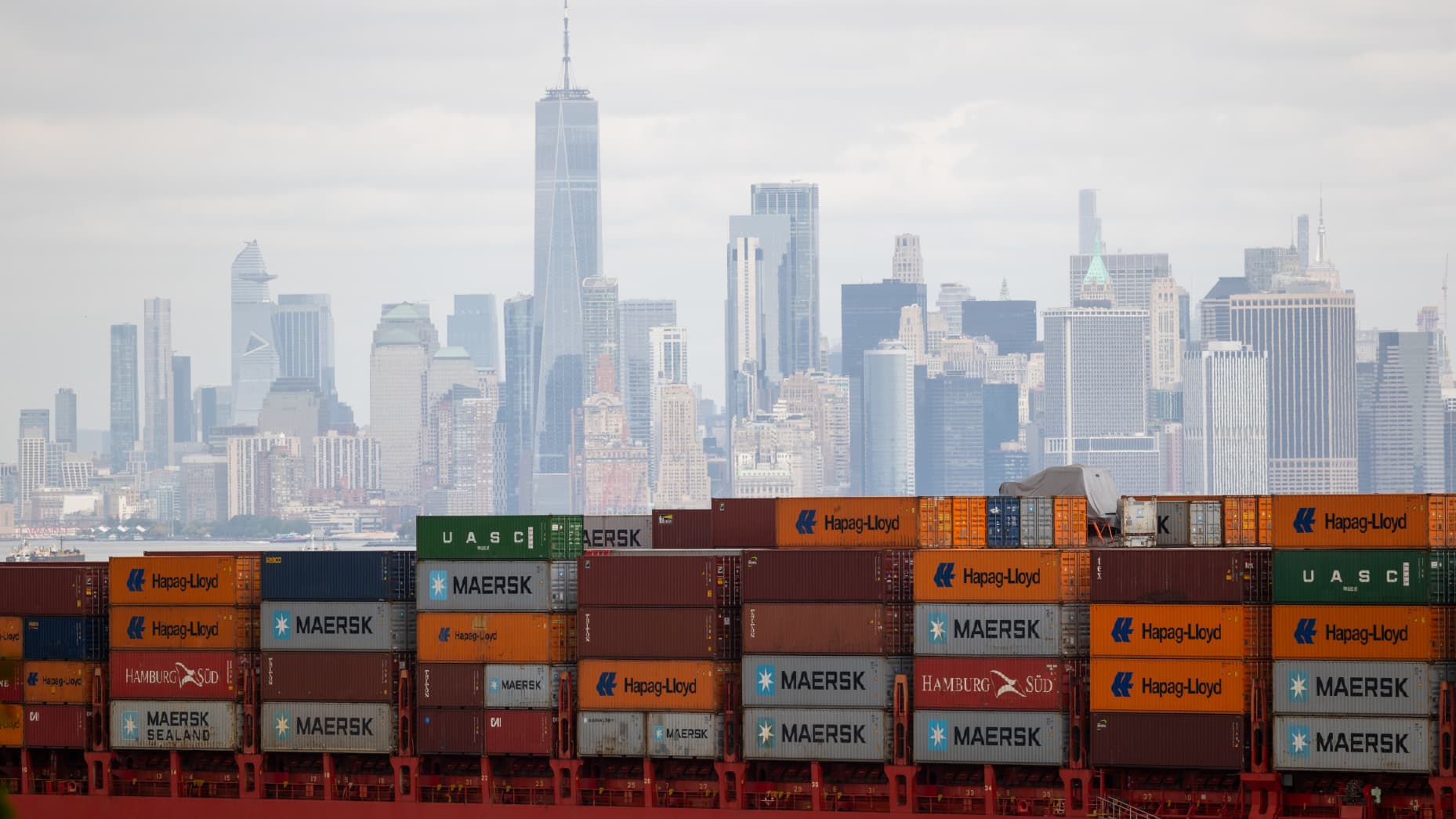
With the implementation of the Trump administration's tariff policies, the global economic and trade landscape has undergone significant changes. Under the influence of the Trump administration's tariff hikes, the export trade of countries worldwide has been affected. From the decision to impose higher tariffs, it can be inferred that the administration likely aimed to protect domestic industries, reduce trade deficits, and prompt trade partners to renegotiate trade agreements. However, it is evident that these policies specifically targeted China, with increased tariffs on Chinese goods, exerting economic pressure to alter China's trade practices. This primarily China-focused tariff policy has also impacted the global economic and trade landscape, with the direct selling industry being among the first to bear the brunt.
The rise in tariffs has led to higher import costs, squeezing the profit margins of direct sellers. This measure directly resulted in a significant increase in the cost of imported goods, forcing direct sellers to confront the dual pressures of rising costs and declining profit margins. This not only affects their short-term profitability but also poses challenges to their long-term business strategies and market positioning.
From Trump's tariff policies, it is not difficult to discern some of the issues currently facing the United States. After taking office, Trump intensified tariff collections, reflecting the substantial fiscal pressure on the U.S. government. The administration urgently needed to boost federal revenue, and raising tariffs provided a quick means to achieve this. Additionally, it presented an opportunity to observe which countries would yield to U.S. pressure, thereby reinforcing America's position as the world's leading power. At the same time, the policy sought to compel opposition forces, such as the Federal Reserve, to submit.
The primary targets of the tariff hikes were competitors like China, aiming to reduce trade deficits, encourage manufacturing repatriation to the U.S., and curb their economic growth and international influence. As a businessman, Trump possessed a keen insight into profits and benefits. Higher tariffs could generate substantial revenue for the U.S., representing significant financial gains for his administration. Furthermore, tariffs could be used to weaken competitors while protecting domestic industries and workers' interests, aligning with Trump's "America First" political agenda.
Under the Trump administration's tariff policies, the direct selling industry faces new challenges. The increased tariffs have raised import costs, dealing a severe blow to businesses reliant on international trade. To mitigate these effects, direct sellers must adopt new strategies to maintain competitiveness and sustainability. This includes thoroughly analyzing the specific impact of tariffs on their operations, adjusting pricing strategies, optimizing supplier selection, and reducing dependence on single import channels to alleviate cost burdens.
In summary, Trump's tariff hikes have had a profound impact on global trade, with the direct selling industry experiencing direct repercussions. To navigate these challenges, direct selling companies must reassess their plans and strategies to remain competitive in a fierce market. They must respond flexibly to policy changes, strengthen internal management, enhance innovation capabilities, and improve product quality and service standards to earn consumer trust and support. Only by doing so can they advance steadily and achieve sustainable development amid the pressures of Trump's tariff policies.

報告顯示,中國電力投資加速增長,預計2024年電網基建投資將超過5300億元。
近日,市場迎來了一則引人注目的消息:工業巨頭3M公司(MMM.N)在本周五公布了其季度業績報告,隨後股價飆升至近兩年來的
最近,外媒給OpenAI算了筆賬,今年可能要血虧50億美元。
近日,巴黎奧運會和世界鐵人三項協會聯合發布了一項重大決定,宣布因塞納河水質污染問題,原定於近期進行的奧運會鐵人三項首次下
當地時間7月18日,法國巴黎發生了一起令人震驚的持刀襲警事件。
近期,一則重大消息在國際舞臺上引起軒然大波,馬來西亞宣布加入金磚國家。
調查發現,互聯網和智能手機的使用幹擾了韓國近五分之一學生的生活。